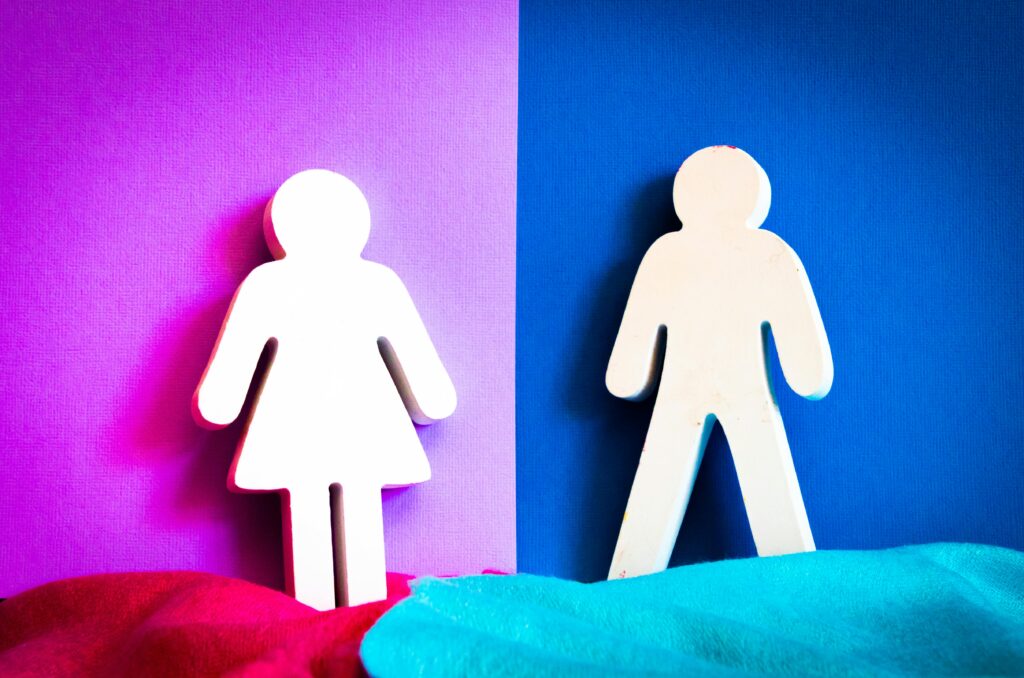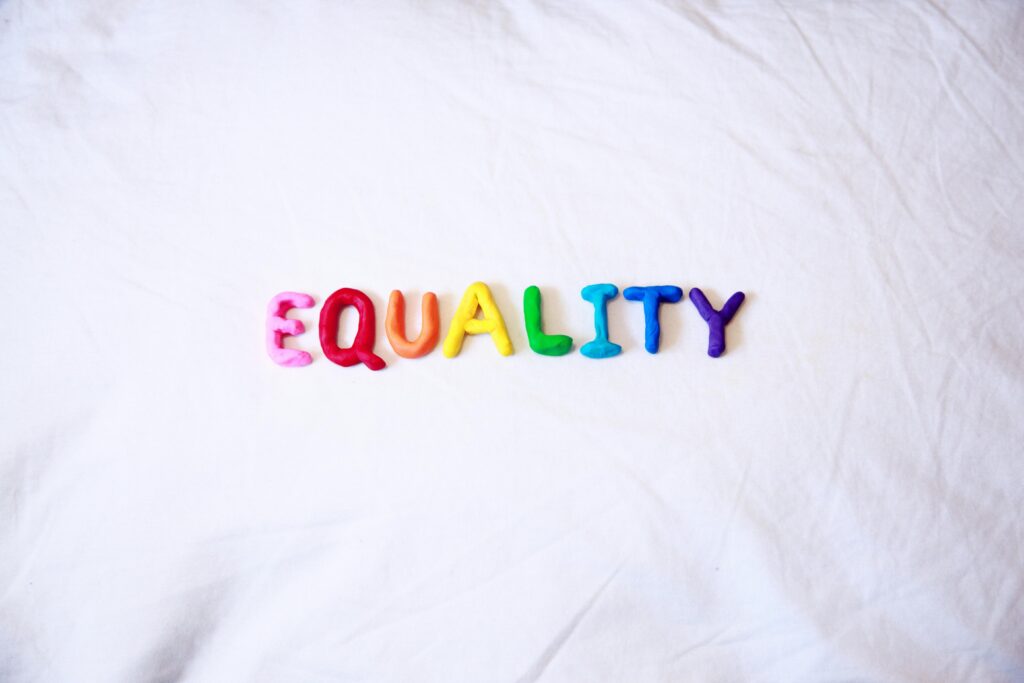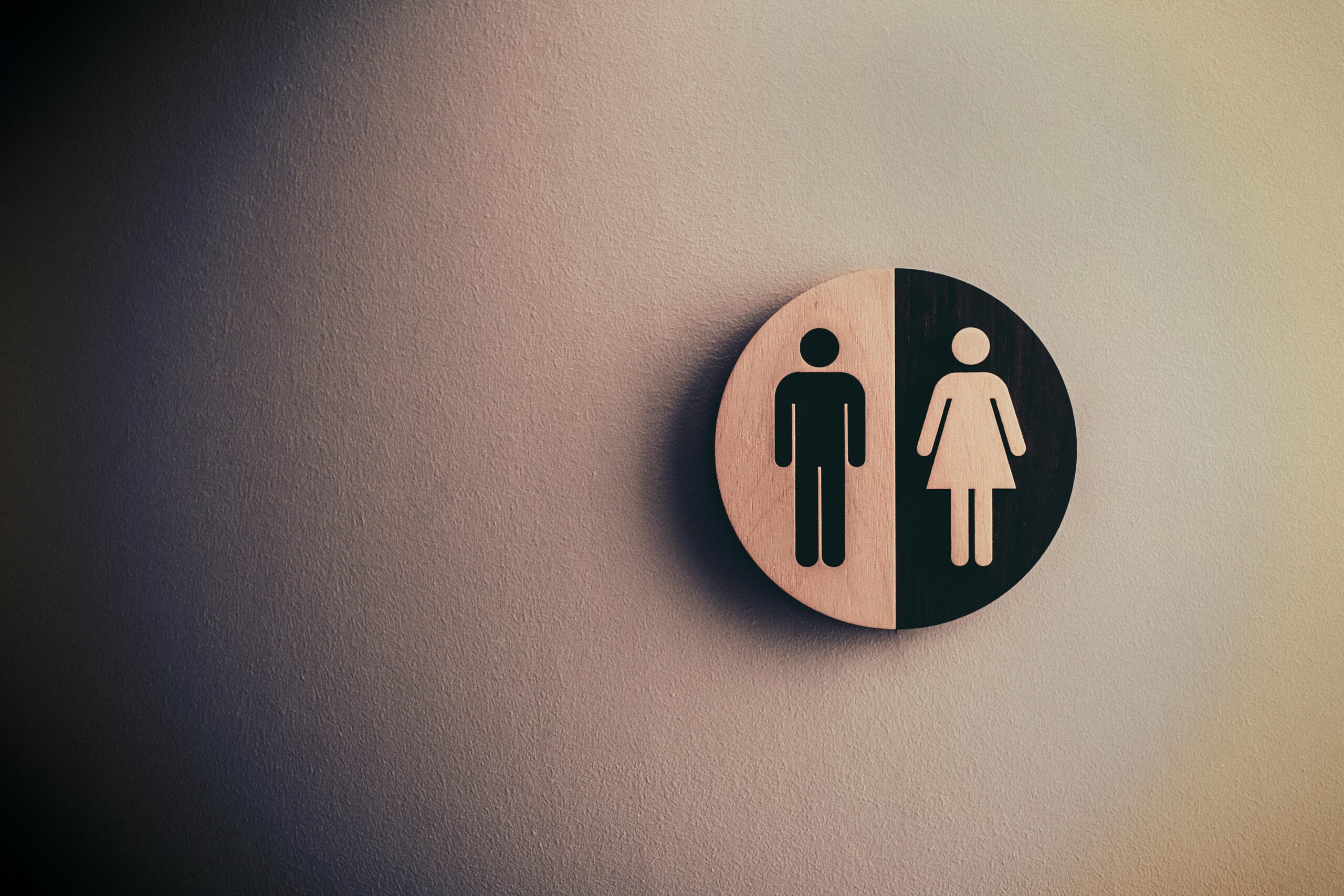Gender Equality in Modern Society: Bridging the Gap, Explore the importance of gender equality in modern society, its challenges, and actionable solutions to create a more inclusive and equitable future for all.

Gender Equality in Modern Society: Bridging the Gap
Gender equality is a cornerstone of a just and progressive society. It ensures that individuals, regardless of gender, have equal access to opportunities, resources, and rights. While significant strides have been made in the past century, challenges persist in achieving true equality. Modern society must address these issues with urgency and commitment to foster a world where everyone can thrive.
The Importance of Gender Equality
Gender equality is not just a moral imperative; it is essential for sustainable development and economic growth. Studies show that societies with greater gender parity experience higher levels of innovation, better decision-making, and improved social cohesion. In addition, empowering women and girls leads to stronger communities, as they invest more in education, healthcare, and the well-being of future generations.
Despite these benefits, many countries and cultures still grapple with deep-rooted gender biases. These biases manifest in various forms, including wage gaps, unequal representation in leadership, and pervasive gender-based violence. Addressing these issues requires collective action and systemic change.

Challenges to Gender Equality
- Economic Disparities: Women continue to earn less than men for the same work, with the global gender pay gap estimated at 20%. This disparity is exacerbated by occupational segregation, unpaid caregiving roles, and limited access to financial resources.
- Underrepresentation in Leadership: Women remain underrepresented in politics, corporate leadership, and other decision-making roles. This lack of representation perpetuates policies and practices that fail to address gender-specific concerns.
- Cultural and Societal Norms: Traditional gender roles and stereotypes often limit opportunities for women and men to fully explore their potential. These norms are deeply ingrained and require education and advocacy to change.
- Access to Education: In many parts of the world, girls still face barriers to education due to poverty, early marriage, and discriminatory practices. This limits their opportunities for personal and professional growth.

Steps Toward Gender Equality
- Policy and Legal Reforms: Governments must enact and enforce laws that promote gender equality, such as equal pay legislation, parental leave policies, and protections against gender-based violence.
- Education and Awareness: Schools and communities should challenge stereotypes by promoting gender-sensitive curricula and awareness campaigns. Education is a powerful tool to shift mindsets and empower individuals.
- Economic Empowerment: Providing women with equal access to financial resources, skill development, and entrepreneurship opportunities can reduce economic disparities and promote independence.
- Inclusive Leadership: Encouraging diversity in leadership roles ensures that decision-making reflects a broader range of perspectives and experiences.
FAQ: Gender Equality in Modern Society
1. What is gender equality? Gender equality means that individuals have equal rights, responsibilities, and opportunities regardless of their gender. It aims to eliminate barriers caused by stereotypes, discrimination, and bias.
2. Why is gender equality important? Gender equality fosters economic growth, innovation, and social cohesion. It creates opportunities for all individuals to thrive and contributes to sustainable development.
3. What are some examples of gender inequality? Examples include wage gaps between men and women, underrepresentation in leadership roles, limited access to education for girls, and gender-based violence.
4. How can I support gender equality in my community? You can support gender equality by challenging stereotypes, advocating for equal opportunities, supporting policies that promote equality, and educating others about its importance.
5. What role do governments play in promoting gender equality? Governments can enact and enforce laws that ensure equal rights, such as anti-discrimination laws, equal pay policies, and protections against gender-based violence.
6. How does education help achieve gender equality? Education raises awareness, challenges stereotypes, and empowers individuals with the knowledge and skills to advocate for equality and make informed decisions.
Conclusion
Achieving gender equality in modern society is a complex but necessary endeavor. It requires the combined efforts of governments, organizations, and individuals. By addressing systemic challenges and fostering a culture of respect and inclusion, we can create a future where everyone, regardless of gender, has the opportunity to succeed. Gender equality is not just a goal; it is the foundation of a fair and prosperous world.
What is gender equality?
Gender equality means that individuals have equal rights, responsibilities, and opportunities regardless of their gender. It aims to eliminate barriers caused by stereotypes, discrimination, and bias.
Why is gender equality important?
Gender equality fosters economic growth, innovation, and social cohesion. It creates opportunities for all individuals to thrive and contributes to sustainable development
What are some examples of gender inequality?
Examples include wage gaps between men and women, underrepresentation in leadership roles, limited access to education for girls, and gender-based violence.
How can I support gender equality in my community?
You can support gender equality by challenging stereotypes, advocating for equal opportunities, supporting policies that promote equality, and educating others about its importance.
What role do governments play in promoting gender equality?
Governments can enact and enforce laws that ensure equal rights, such as anti-discrimination laws, equal pay policies, and protections against gender-based violence.
How does education help achieve gender equality?
Education raises awareness, challenges stereotypes, and empowers individuals with the knowledge and skills to advocate for equality and make informed decisions.
For more articles you can visit our website https://www.stationvidya.com
You can follow us on Instagram: https://www.instagram.com/stationvidya/
Facebook: https://www.facebook.com/stationvidya/
You tube: https://www.youtube.com/@stationvidya/
We hope you’d loved the content , please do like, share and comment.
Subscribe for notification.

Leave a Reply